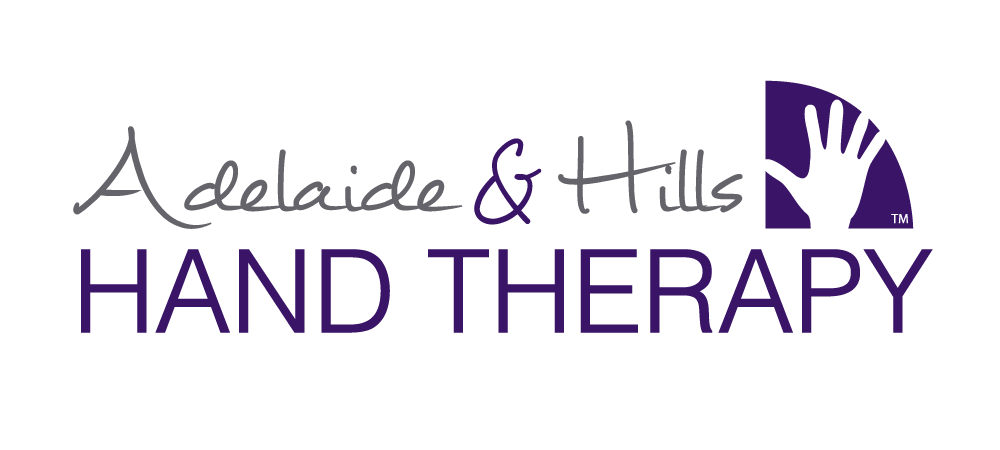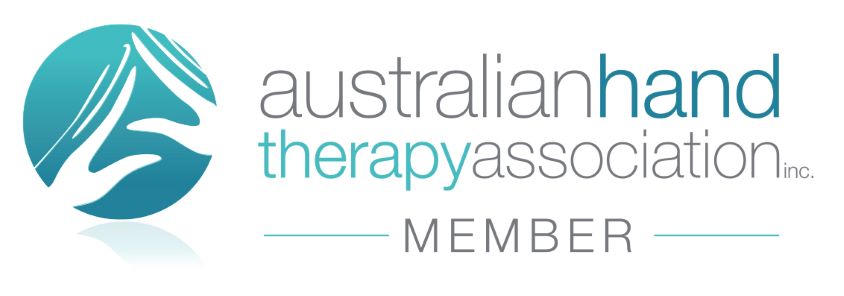Adelaide & Hills HAND THERAPY
|
RSI or repetitive strain injury, as the name suggests, usually results from cumulative trauma over time, as a result of repetitive movements/loads or demands. This is often work related, or related to a recent change in the way the body is required to move during specific tasks.
Preventing RSI from developing or getting worse can be difficult if the cause is work related, or due to an activity which is required (e.g breast feeding). The main way to decrease the risk of getting RSI or making a niggling repetitive strain injury worse is to identify the risky cause or movement and stop or change the way the activity is being done. Often the activity can not be stopped, or the intensity can not be changed (common for self-employedmanual workers). In these cases, there are still things that can be done to minimise the risk of developing RSI, these include; Take regular rest breaks Including regular breaks during repetitive tasks can help. Try setting an alarm to help remind youself to stop and take a break. Down tools or change position Putting down tools or getting up from the desk/chair and standing up or walking around for a few minutes will decrease or change the load, and get the muscles and tendons moving in different ways. Stretch and warm up Stretching and warming up the main muscle groups which are working hard during repetitive tasks is key to helping prevent RSI. Start by stretching and warming up before carrying out tasks; stretch the muscles which will be used a lot and applying warmth with the palm of your hand will ready your body for work. It is important to stretch during the activity/work day, taking time for micro pauses to stretch is a great way to prevent injury and RSI. And retretching at the endof the work day or specific demanding task will also help to prevent the muscles from cooling down quickly and possibly being injured. Stretch the elbows our straight, stretch the wrist in each direction, extend your back, move head side to side- your hand therapist will be able to advise depending upon the repetitive tasks you do. Take care of your whole self Taking care of your general overall health is useful in preventing RSI. This includes drinking plenty of water, eating well and making sure you get regular exercise and avoid habits which are known to cause disease such as smoking cigarettes. Keep you eye on our blog box for our series about RSI, and wrist RSI. And see our other blogs; manual workers, musicians, gamers thumb, golfers elbow, golfers elbow, does a tennis elbow strap help? And you-tube clip for breast feeding mothers.
0 Comments
Congratulations are in order!
Our Hand Therapist, Jo Marsh, has successfuly completed the recertification process as a Certified Hand Therapist (CHT). Five years after being titled a Certified Hand Therapist, and over 200 hours of professional development and contribution to the profession of hand therapy later- Jo has recertified. The hand theray certification and the recertification process ensures clients that a therapist with the CHT title continues to develop their specialist skills and practice to a high level treating hand, wrist, elbow and shoulder injuries. When not with clients, Jo's involvement in hand therapy does not stop; "I lecture Masters of OT students in Hand Therapy, informally mentor, I attend conferences & courses about hand therapy as often as I can in Australia and internationally, participate in courses, and present to colleagues findings of my research, read our journal publications and engage with hand therapy and hand surgery colleagues on different platforms". Jo practices in her own rooms in Stirling, and visits Mount Barker and Rose Park for weekly clinics, 8339 HAND (8339 4263). |
Author Jo MarshClick here to edit Archives
March 2020
|
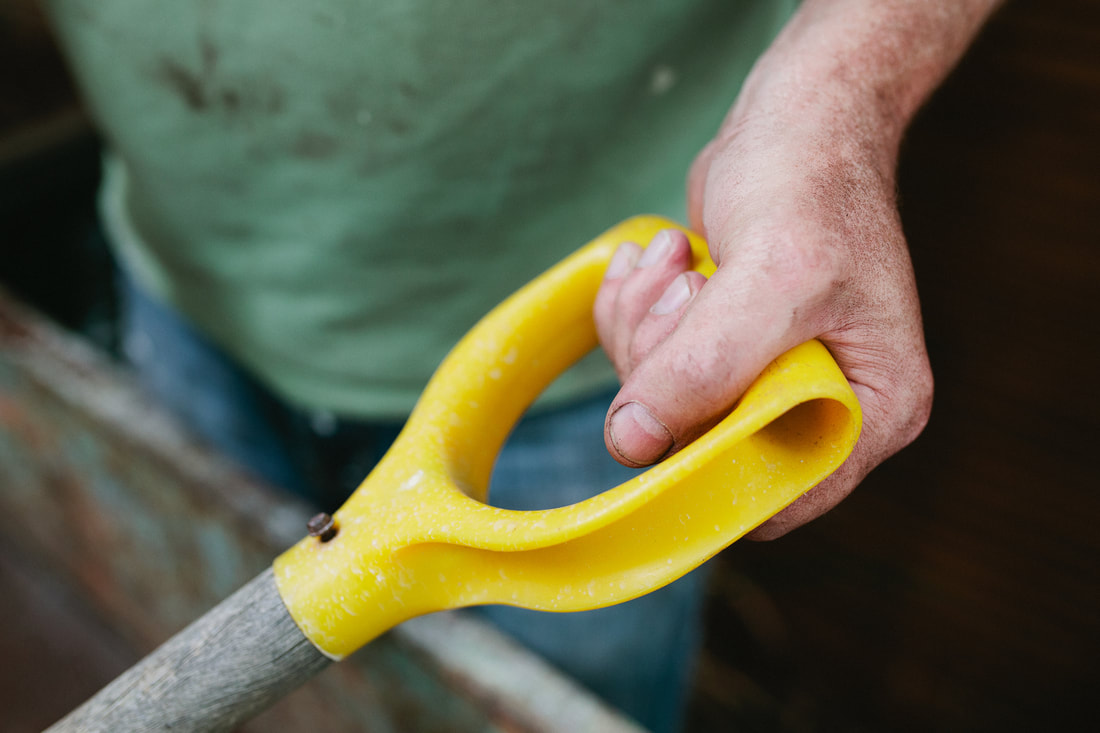
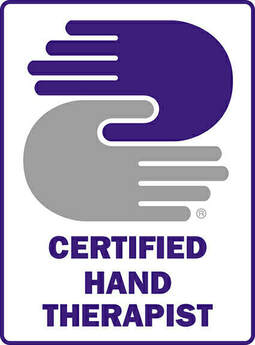
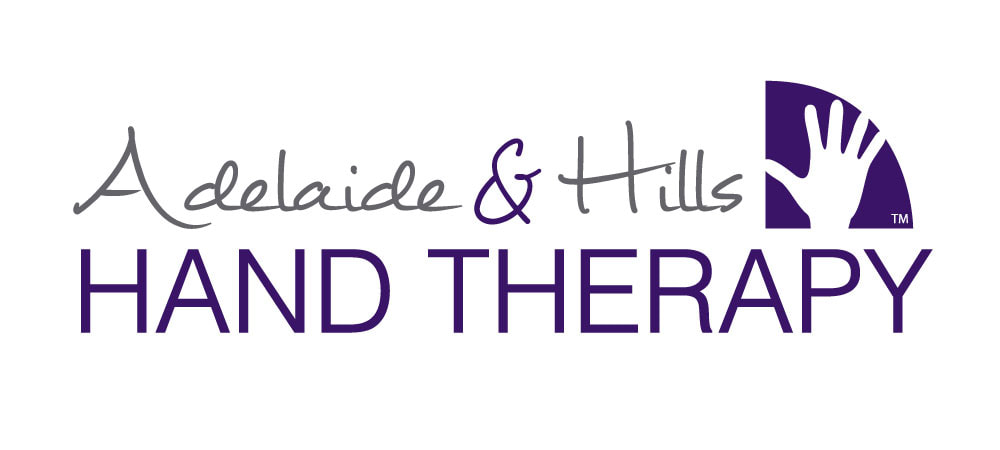

 RSS Feed
RSS Feed
